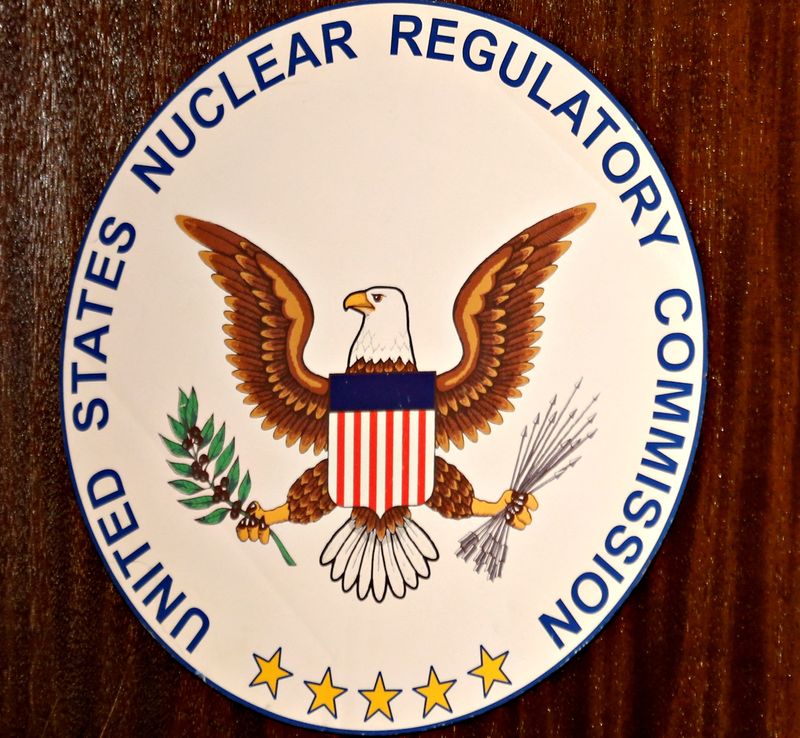By Timothy Gardner
WASHINGTON (Reuters) - The U.S. nuclear power regulator has not acted on recommendations to address radiological security risks to the economy and society including those from "dirty bombs", the U.S. Congress's watchdog agency said on Thursday.
The Government Accountability Office said the Nuclear Regulatory Commission has not implemented 11 of the 18 recommendations it has made to address gaps in how the agency regulates fissile nuclear materials.
WHY IT'S IMPORTANT
The GAO said that the U.S. National Nuclear Security Administration and the Department of Homeland Security agree the social and economic consequences of a radiological disaster like a dirty bomb could be devastating.
A dirty bomb is a crude atomic weapon that militants could devise in the unlikely, but possible, event they gain access to small amounts of fissile materials in the nuclear supply chain. Such a weapon could cause upwards of $30 billion in damages, it said.
The NRC sets regulations based strictly on the radioactive materials' immediate health effects and does not consider the likely social and economic consequences of a dirty bomb, it said.
KEY QUOTE
"NRC has no plans to implement the recommendations to remediate these gaps, even though we demonstrated gaps in its regulations that bad actors can exploit. For example, in 2021-2022 we created fake businesses to fraudulently obtain radioactive materials," the GAO said.
THE RESPONSE
The NRC "continues to consider prompt fatalities and deterministic health effects from radiation as the primary consequences of concern for assessing the risk of a so-called 'dirty bomb,'" a spokesperson said.
"The current regulatory requirements provide for the safe and secure use of radioactive materials regardless of their category," the spokesperson added.

WHAT'S NEXT
The GAO said it recommended congressional action to close the gaps. But with the U.S. Congress being narrowly divided and having a crowded legislative calendar, it is uncertain when, or if, it would take up the issue.